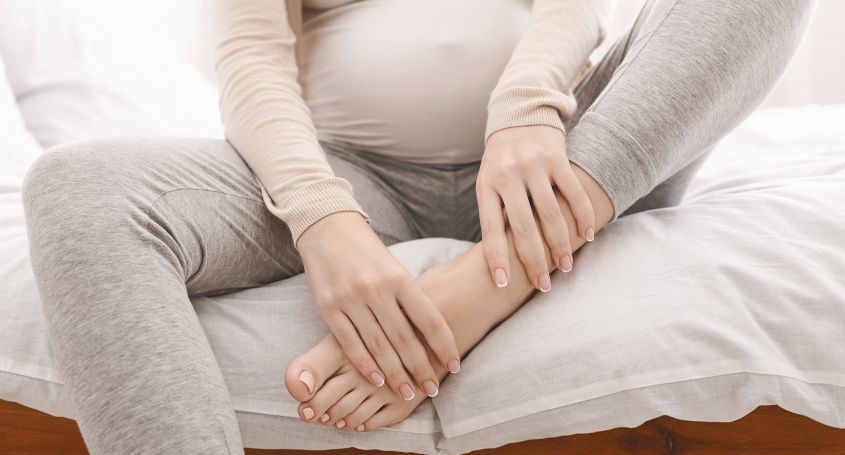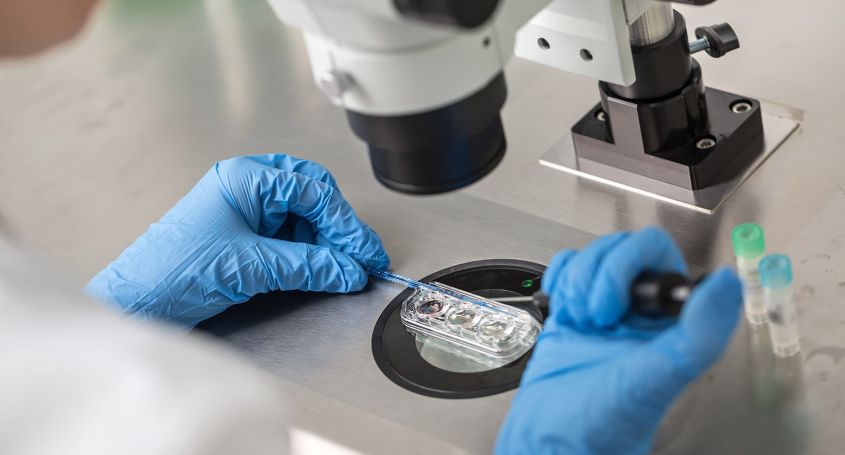What are rheumatic diseases?
When we talk about rheumatic diseases we mean those ones that affect the musculoskeletal system without having previously suffered any blows. This type of pathologies is usually more frequent in women of childbearing age. There are many different rheumatic diseases including rheumatoid arthritis, systemic lupus erythematosus, or fibromyalgia. In these diseases, the treatment and / or its degree of damage are those that lead to sterility and / or problems in pregnancy.
Is pregnancy possible?
Years ago, pregnancy was contraindicated in women with inflammatory and autoimmune rheumatic diseases. Fortunately, this is no longer the case today. As a result of this paradigm shift, the Spanish Rheumatology Foundation carried out a campaign with the slogan "# HoySíPuedo, rheumatic diseases no longer stop you” to give visibility and information to all women with any of these diseases who wish to get pregnant.
It is important to note that pregnancy, even if is possible, always requires a good planning and a proper medical and obstetric control. The reason is that gestation can lead to changes that disrupt the disease and, consequently, lead to risks in the course of the pregnancy.
Assisted reproduction; Is it a safe option?
Each person and each disease are a different world so, although in general terms we consider that it is possible, achieving a spontaneous pregnancy with this type of disease can be really complicated. Fortunately, we have different assisted reproduction techniques that are not dangerous, in other words, they are safe. Nevertheless, it should be considered that sometimes ovarian stimulation can be related to outbreaks of the disease or other complications due to increased estrogen levels.
As we have already mentioned above, the fundamental part is planning the process with a specialist, who will be the one who will tell you how and what treatments can be performed.















